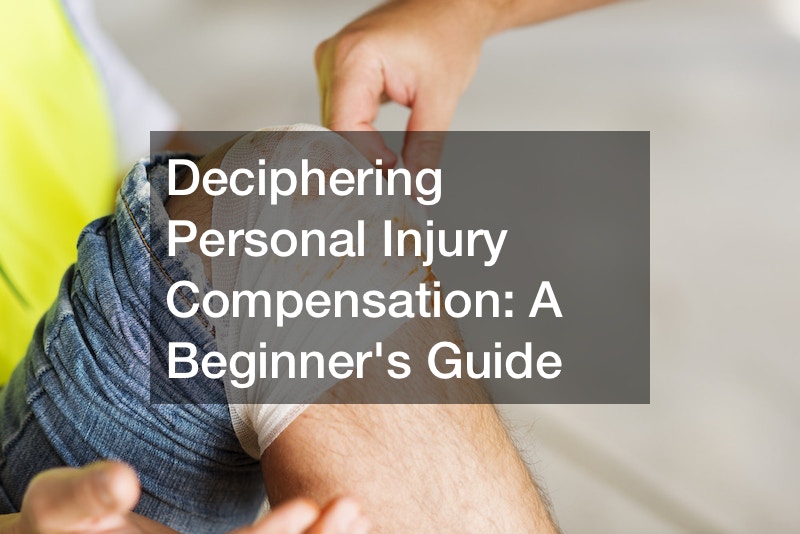
Navigating the aftermath of an accident can be challenging, especially when it comes to understanding and calculating personal injury compensation. This guide will demystify the complexities surrounding this process.
Presenting Compelling Evidence to Claims Adjusters
The first step in securing a fair settlement is to provide claims adjusters with ample evidence proving the liability of the at-fault party. Gather a comprehensive set of materials, including photographs, witness statements, and medical records. This step sets the foundation for the subsequent negotiation process.
Distinguishing Between Special and General Damages
Understanding the distinction between special and general damages is vital. Special damages cover measurable losses like medical bills and lost wages, while general damages encompass the subjective realm of pain and suffering.
Asessing General Damages
Assessing general damages is a nuanced task, involving intangible losses such as emotional distress and pain. Potential claimants should thoughtfully consider their experiences before settling on a compensation figure.
In the negotiation process, understanding the role of insurance companies is essential. Often relying on computer programs for calculations, these companies may overlook the depth of your pain and suffering. Therefore, the importance of human subjectivity in the process should be underscored.
Hiring a Personal Injury Lawyer
Given the potential disparities between insurance calculations and jury outcomes, it’s advisable to hire a personal injury lawyer, especially for serious injuries or complex claims. Personal injury lawyers bring experience and insight into navigating the intricacies of personal injury compensation, ensuring a fair resolution aligning with your circumstances.
.





